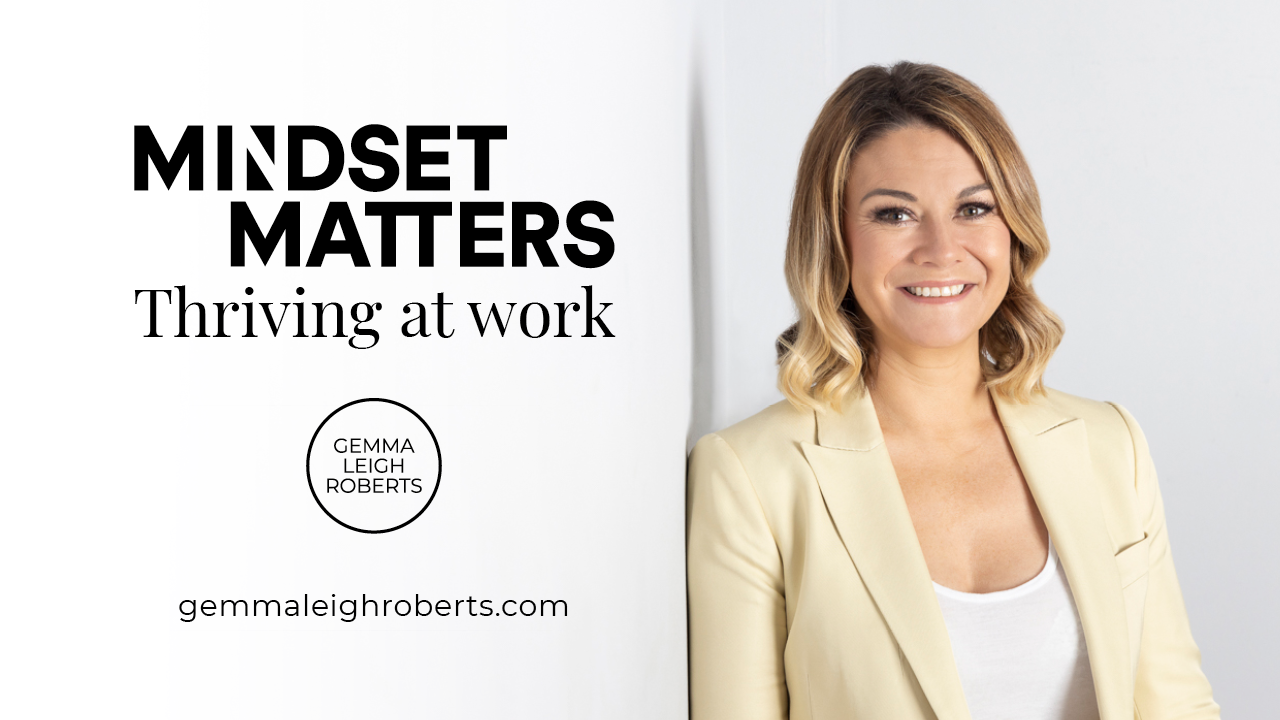
Boosting wellbeing and productivity: How to rewire your brain for optimism
Our perspective influences how we experience the world around us. Optimists expect good things to happen and tend to view adversity as a temporary setback or a learning experience, which makes them more likely to seize opportunities and bounce forward from failure - explaining why optimism is a key component of both a growth mindset and resilience. In fact, optimism is one of the key areas of focus in the "10 Days of Resilience programme" (which you can join for free):
Optimism is defined as hopefulness and confidence about the future or the success of something, and for some people, looking on the bright side comes naturally. For others, however, it’s a bit more tricky. Studies have shown that optimism is about 25% heritable, but the good news is we can train ourselves to be more optimistic.
Benefits of optimism
Research demonstrates that optimism has very real benefits for wellbeing and productivity. In his book Learned Optimism, American psychologist Dr. Martin Seligman found optimism to be a predictor of success, to the point it can be even more important than talent for career development. A recent study showed that optimists were more likely to make more money and be promoted, as well as make better financial decisions.
Some of the other tangible advantages of optimism include better physical health, better mental health, and increased resilience as optimists find it easier to maintain motivation to find solutions in challenging situations. For those that are on the lower end of the optimism scale, optimism is a mindset worth learning to embrace.
What we can do to be more optimistic
As Seligman explains, optimism can be learned. It’s partly about recognising and challenging pessimistic thoughts so that we can develop more positive behaviours. As I shared earlier today in a coaching video on Instagram, there are some simple steps you can take to create an optimistic outlook:
Here are a few ways to actively encourage optimism in yourself, to improve your success and wellbeing at work and beyond.
→ Practice reframing
Any time you catch yourself having a pessimistic thought, identify it and consider if there is a different way to view the situation. Can anything good come from a not-so-good event? Did you learn something? The more you can do this, the more your brain will start to respond differently to negative experiences. The more you practice this, it’ll start to become second nature.
→ Focus on the positive
Keeping a gratitude journal is a tried and tested way of boosting optimism, and has been linked to improved heart health and lower levels of depression. Every evening, jot down 3-5 things you’ve been grateful for that day. It could be as simple as your morning coffee and good weather, or it could be bigger things such as having a supportive friend and a healthy family. Once a week, make a point to write down your accomplishments too. Consider 3-5 activities you did well that week, any positive feedback you received, or past achievements you’re proud of. This will help replenish your self-belief and increase your confidence, both things which will make you feel much more optimistic about life.
→ Surround yourself with optimism
Research shows both negativity and positivity are contagious. Therefore, it’s worth considering who you spend time with and making an effort to connect with people who radiate optimistic energy - even if it’s just making small talk with the smiley barista during your morning coffee run.
→ Be mindful of the content you consume
If the constant stream of world news and current affairs is getting you down, make sure you limit how much you watch and engage, and ensure you are consciously doing activities that restore your positive outlook on things. Similarly, consider which accounts you follow on social networks, and whether they are having a positive or negative effect on how you see things. Keeping informed is great, but so is creating a content balance.
Avoid toxic positivity
Being an optimist doesn’t mean ignoring negative events or not acknowledging mistakes. Being in denial about your current reality can be detrimental and unhealthy, whilst pretending you have a positive mindset - even when you’re experiencing distress or extreme adversity - can lead to mental health challenges that can be avoided. It’s important to support your quest for optimism with a good dose of realism and with the self-awareness to acknowledge mistakes, setbacks and disappointments. Optimism isn’t about blindly thinking you’ll make it no matter what and suppressing negative emotions, but about believing in yourself and taking action to get where you want to go.
Your optimism tips
How does optimism work in your life? Please feel free to share your thoughts in the comments ↓
Thank you for reading this edition of the Mindset Matters newsletter, I hope you enjoyed the topic. Here are some ways to access further mindset tools, advice and tips:
→ Follow me on Instagram (@gemma.leigh.roberts) where I share mindset coaching videos, advice and tips.
→ Follow me on LinkedIn, and click the 🔔 at the top of my profile page to learn more about Mindset Matters events, and join the conversation on my posts.
→ Join over 500,00 people and subscribe to receive weekly Mindset Matters newsletters.



Major Event Manager
1ySo many handy tips here, helps to reframe and move forward
President at Oceana PPC Management and SEO Company
1yThank you for this amazing resource!!
Realtor at Pure Realty, Cedar Park, TX Diverse background: Logistics, Operations, Executive Assistance, Budget Analysis | Security-oriented with Active Secret Clearance.
1yGreat tips. In most work environments with high operation tempo and high work volume, it is hard to lean towards positivity. It is easier to be negative, but that negativity creates a bad work environment for everyone.
Purchase Manager - Jaguar Land Rover
1ySarah Naylor MCIPS xx